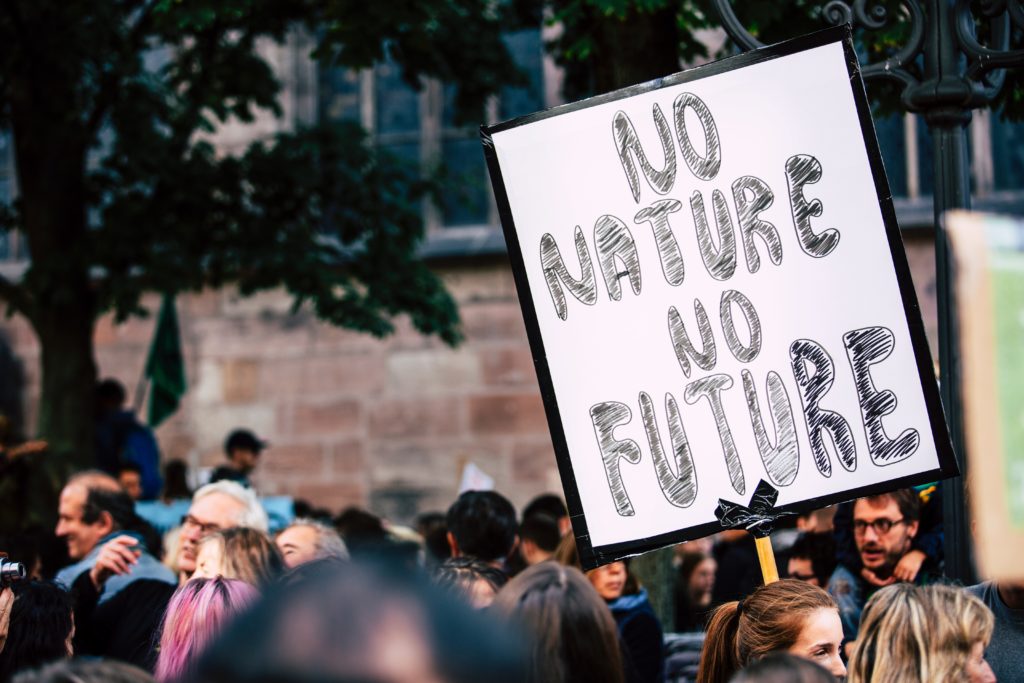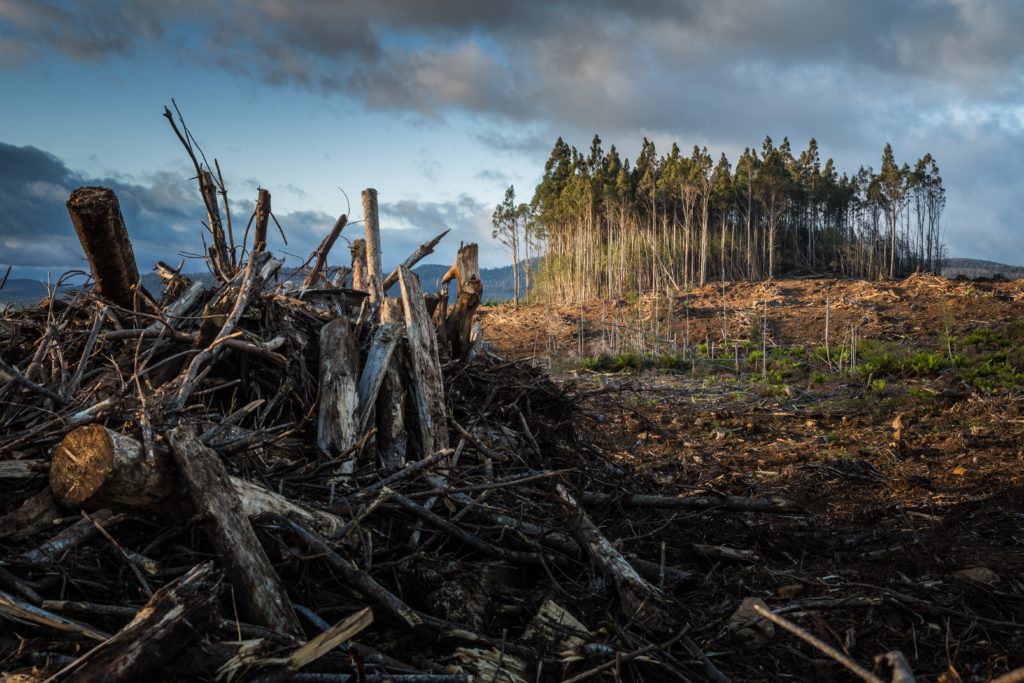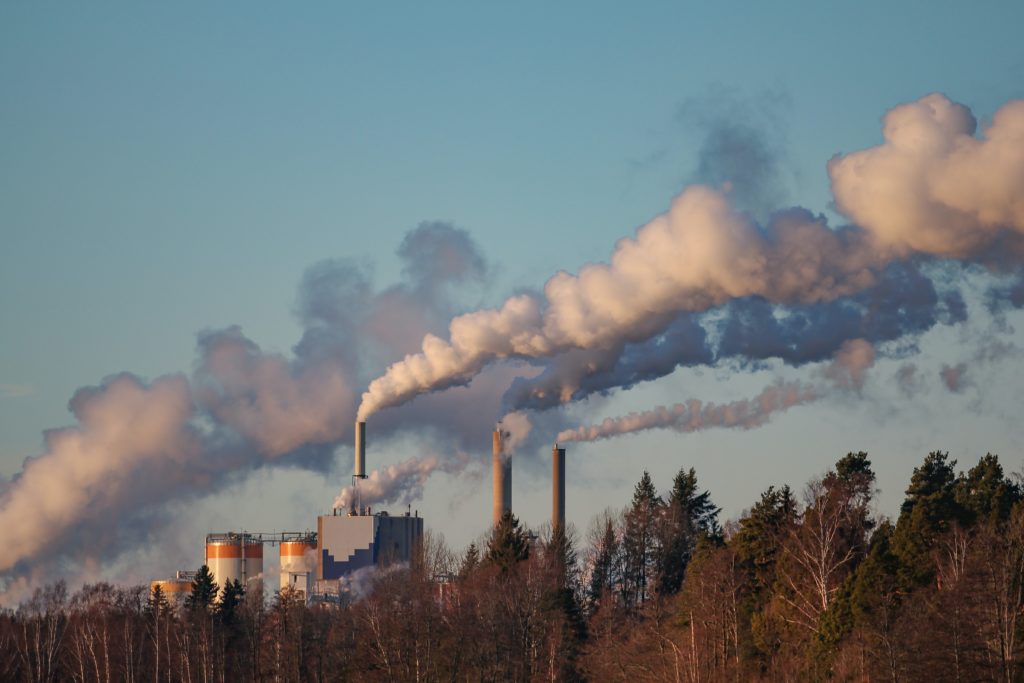4 Mins Read
The latest IPCC report has been dubbed as the most searing indictment of the planet’s climate predicament yet, with little optimism included.
The Intergovernmental Panel on Climate Change (IPCC) report is a three-part release that provides a comprehensive overview of the climate crisis. It looks at where the world currently stands, what is being done and what needs to be actioned for positive impact. A short summary, longer technical release, and full report are all published, with the latter coming in at 3,675 pages long. The 37-page summary, which is what most media headlines are about, is where the most succinct conclusions can be found.
The following are five of the most hard-hitting climate facts found in the IPCC report:

1. Climate change has altered the world as we know it
If you are still wondering what to believe and whether climate change is real, the IPCC report will help make things crystal clear. “It is unequivocal that climate change has already disrupted human and natural systems,” it reads.
It is real, we are living with it, but perhaps the effects have been too gradual to be recognised. The report takes an objective look at ecosystems and human quality of life and reveals that both have been undeniably altered. the planet has seen a rise in temperature, which has been caused by industrialisation and the removal of habitats. In other words, profit-chasing human endeavour.
2. Almost half the world is living with downsides of climate change
“Approximately 3.3 to 3.6 billion people live in contexts that are highly vulnerable to climate change,” according to the findings. This represents 45 percent of the world’s population and translates to negative consequences impacting life.
Obvious examples of increased pollution, drought and food insecurity are included. Less obvious elements are attributed to climate change as well, including increases in the cost of living due to food imports, crop failures and higher fuel prices.

3. Nobody is doing enough of the right things
Despite plenty of efforts to tackle climate change, all are cited as being too late, too small, and not permanent enough. “Most observed adaptation is fragmented, small in scale, incremental, sector-specific, designed to respond to current impacts or near-term risks, and focused more on planning rather than implementation,” the report reveals.
This overview ties in with general consensus that the COP26 summit was another talk-heavy, action-light climate event that left serious environmentalists wanting. No firm plans were made and sworn into law following the event.
4. Land protection is not a big enough priority
“Maintaining the resilience of biodiversity and ecosystem services at a global scale depends on effective and equitable conservation of approximately 30% to 50% of Earth’s land, freshwater and ocean areas.” In short, half of all earth’s ecosystems need to be designated protected areas.
This becomes ever more pressing as illegal felling for timber and deforestation for fossil fuel companies continue to gather pace and remain largely unregulated.

5. Not everything can be reversed
In perhaps the most shocking revelation of all, the IPCC report claims that some damage can never be undone, regardless of what we do or how much we adapt. “With increasing global warming, losses and damages will increase and additional human and natural systems will reach adaptation limits.”
If the human race was able and willing to entirely overhaul the way it impacts the planet, overnight, some effects will still continue to roll out in due course. Others have already reached an irreparable point.
The UN Secretary-General’s response
In light of the damning report, UN Secretary-General Antonio Guterres has revealed his dismay at where we find ourselves. In a series of hard-hitting statements, he laid the blame for climate change firmly at the feet of fossil fuel companies and the world leaders that fail to sanction them.
Unchecked carbon pollution and a lack of climate justice were highlighted as his key concerns. He has made a plea for 50 percent of all climate financing to be directed towards the big shift away from fossil fuel reliance, towards renewables. He ended with positivity, saying that everyone can make a difference and that we are not out of time yet, but his message warned that we are heading towards borrowed time increasingly fast.
Lead photo by Julian Peter from Pexels.




